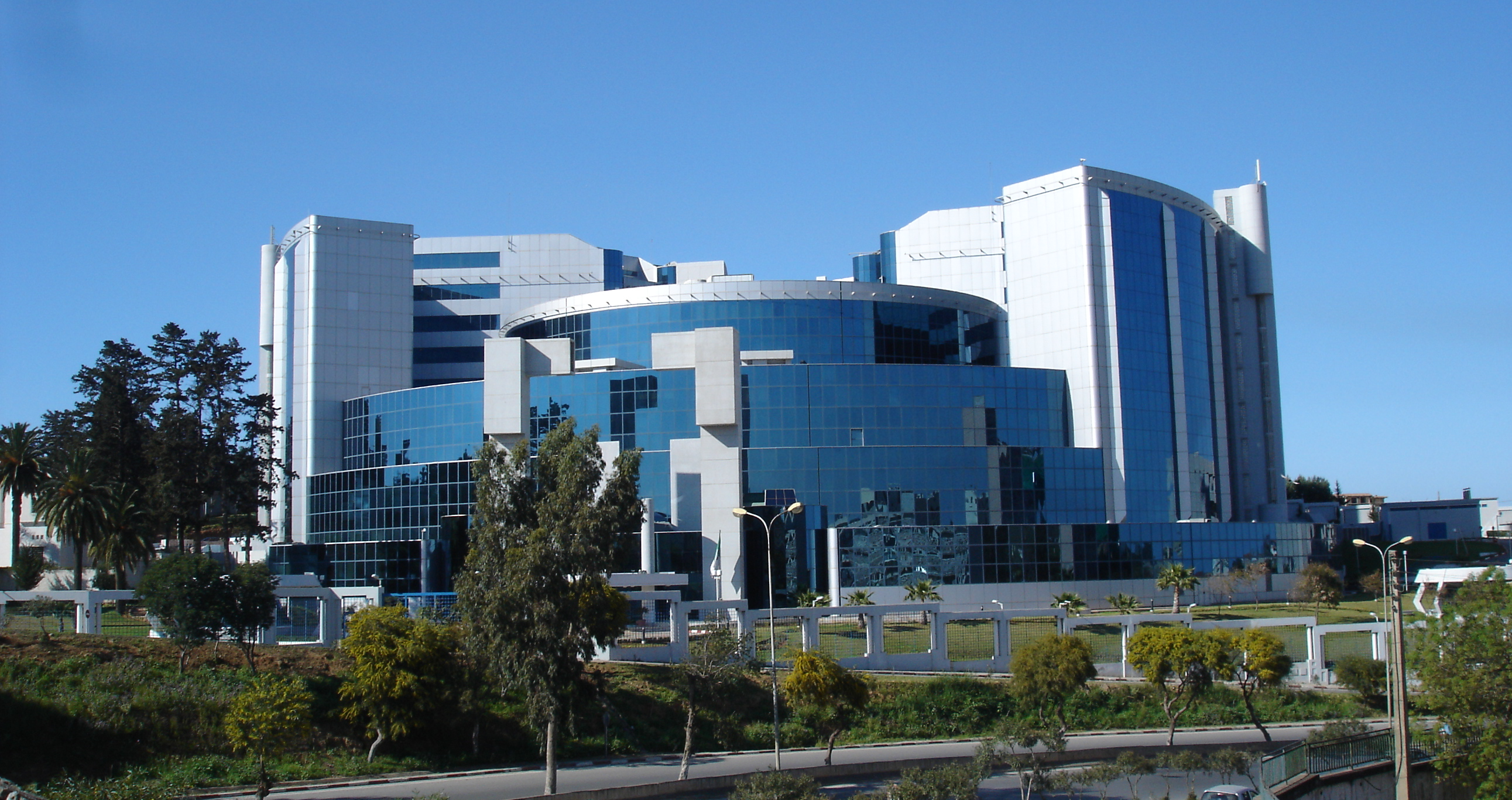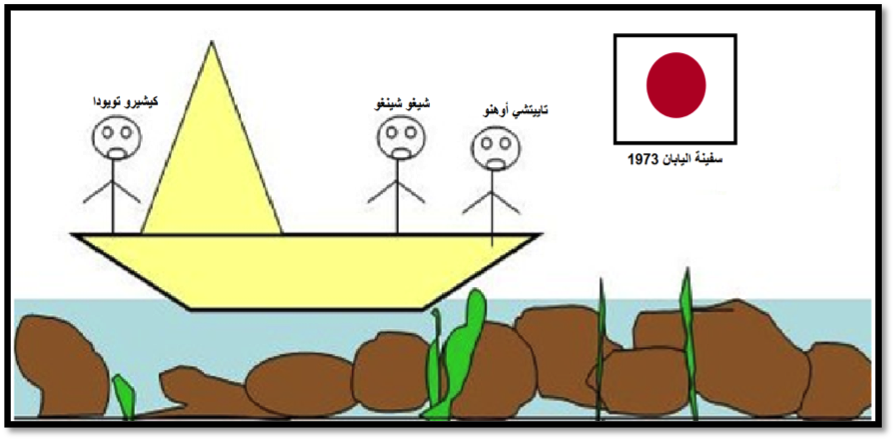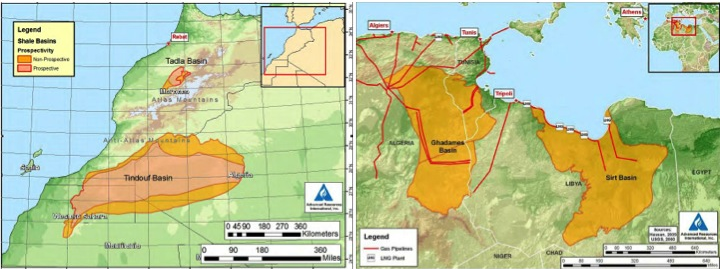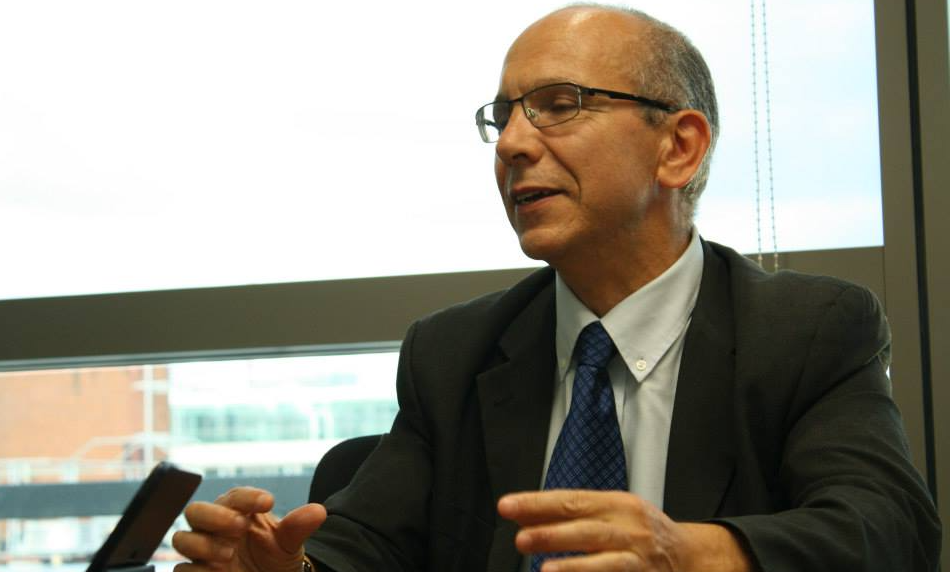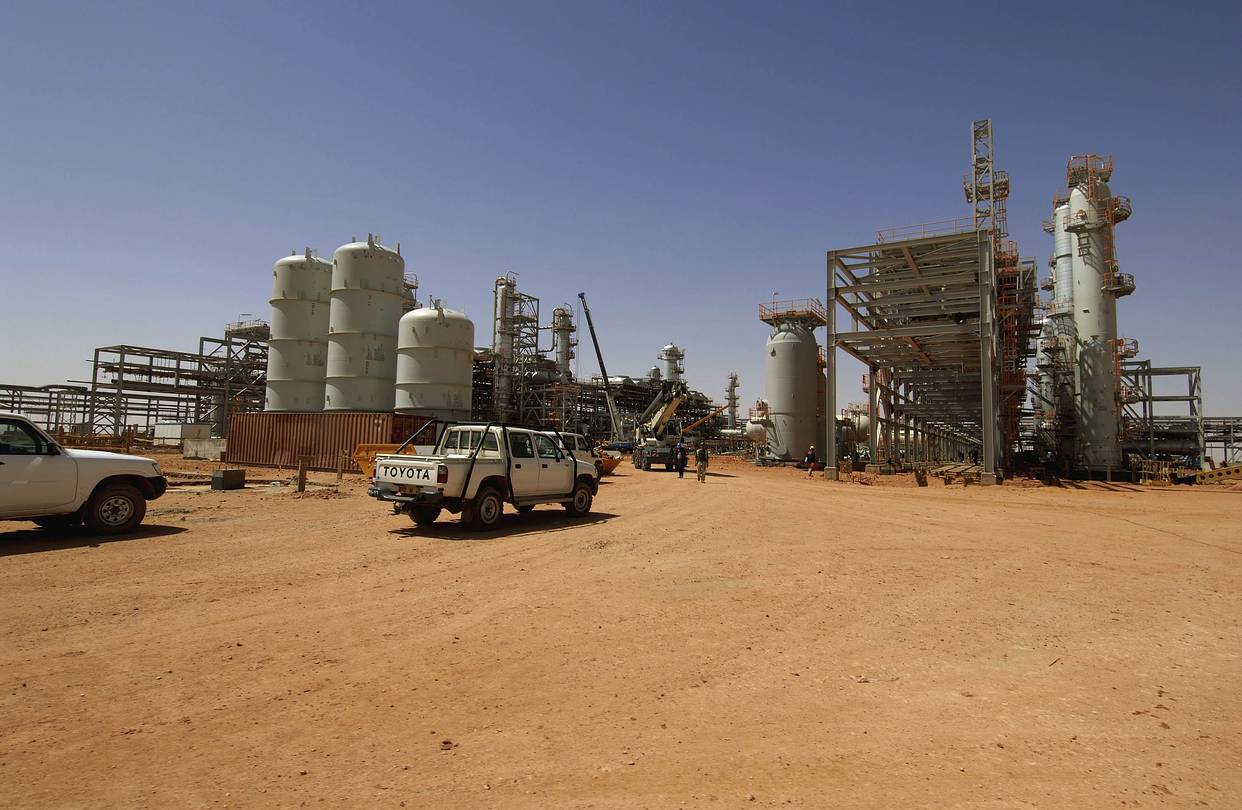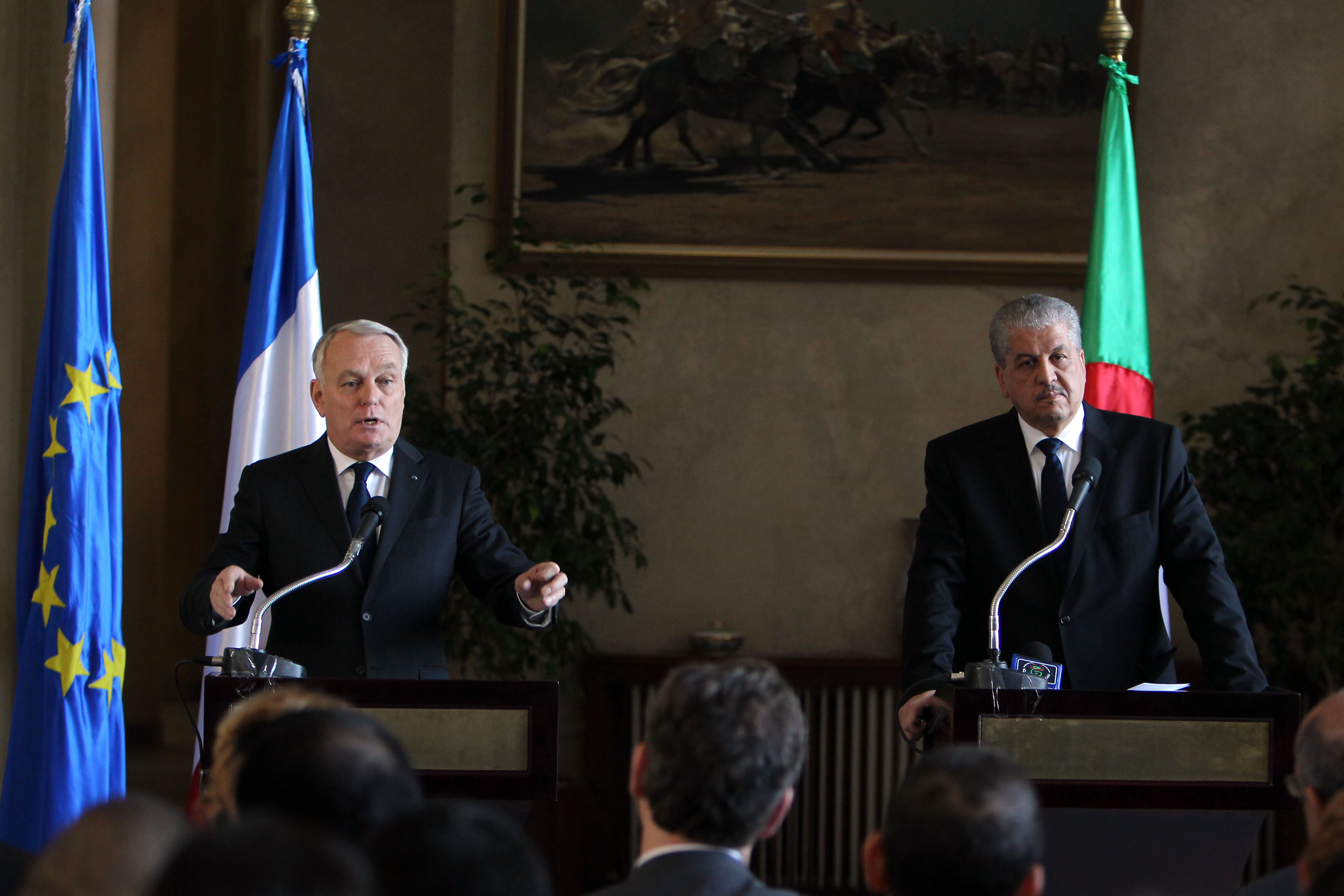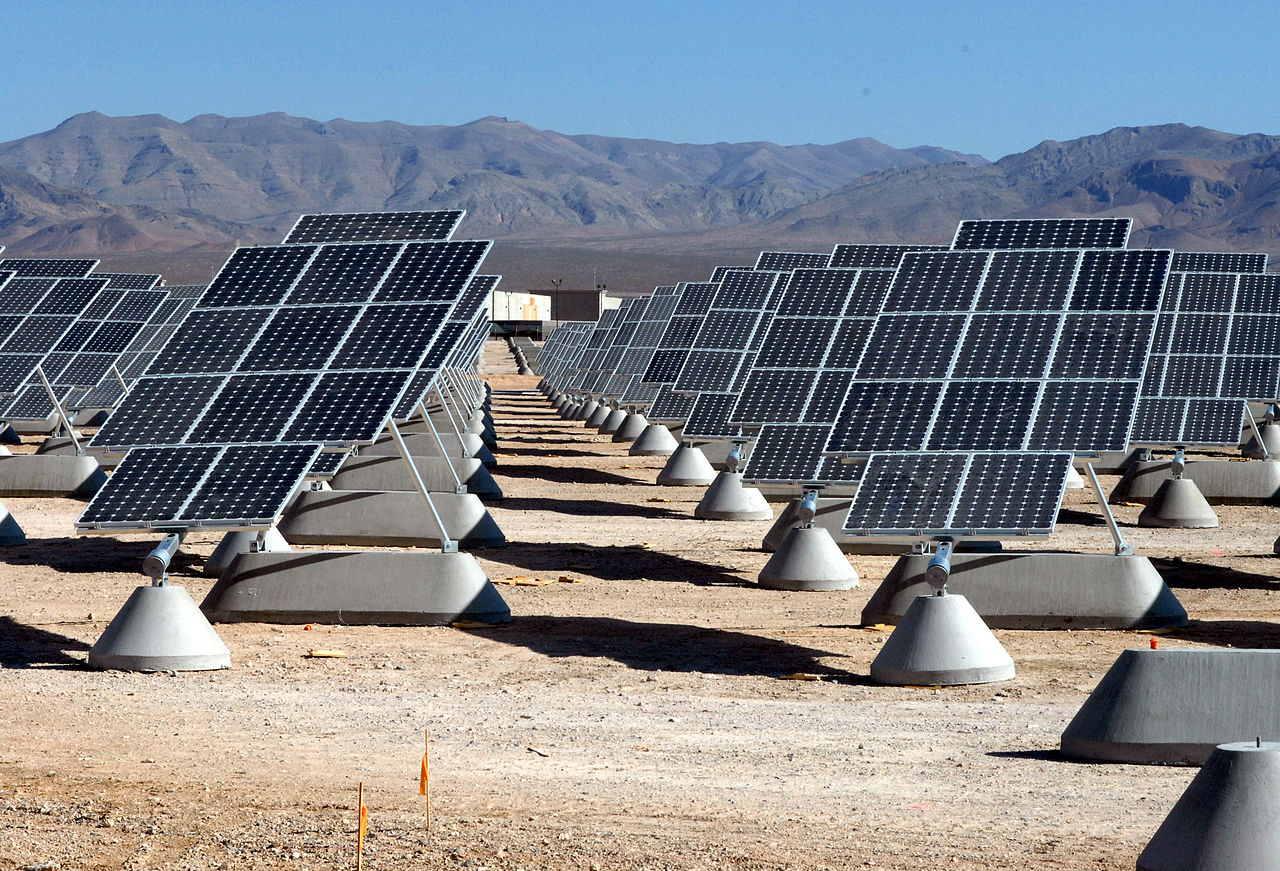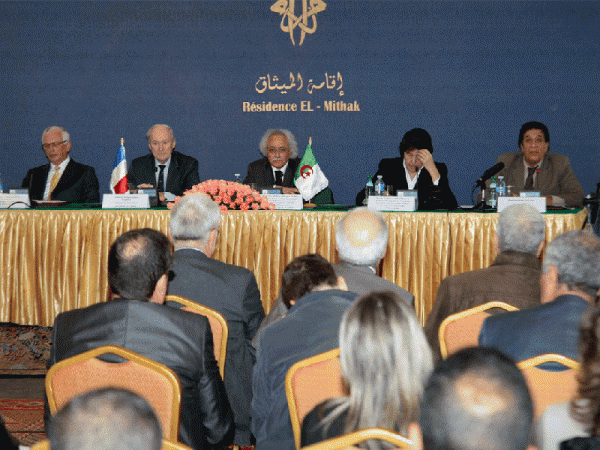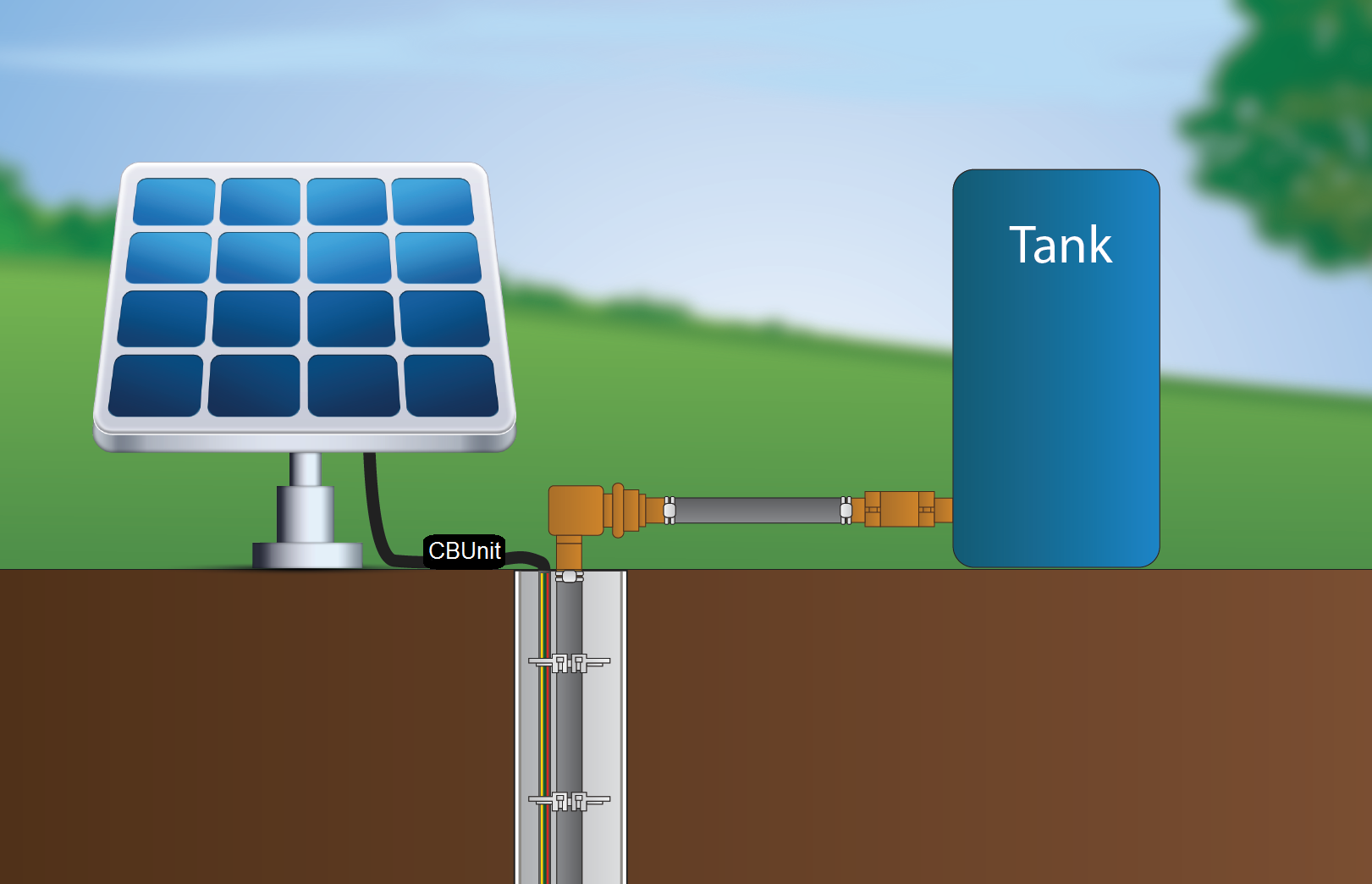Feature | Issues and Challenges in Introducing Islamic Insurance (Takaful) Into the Algerian Financial Market: Lessons from Malaysia
The Islamic insurance sector or Takaful has seen remarkable global growth in many major markets, especially in Muslim dominated countries. However, the development of Islamic finance, particularly Takaful in Algeria appears to have lagged behind. Although there are two Islamic banks operating in Algeria, Takaful is yet to be introduced into the Algerian financial market. We ran a study to investigate the perspective of Algerian experts in Islamic finance and takaful on the issues and challenges of introducing Islamic insurance into the Algerian financial market to address the following questions: What are the benefits of introducing Islamic insurance into the Algerian financial market? What challenges might Algeria face with the introduction of Islamic insurance? And how can the Algerian financial market adopt the Malaysian Islamic insurance framework? Read More
“آراء| واقع أزمة الجزائر بمنظور الياباني تاييتشي أوهنو: “المشكلة ليست في المشكلة , بل في طريقة التعامل مع المشكلة”
لا يختلف اثنان على ما تواجهه الجزائر في الآونة الأخيرة من تذبذب للحالة الاقتصادية و تفاوت في القرارات السياسية . فبعد انخفاض سعر البترول بدأ ناقوس التساؤل يدق أبواب الوطن ، كيف ستكون الجزائر بدون بترول و هل يمكن للجزائر ان تمضي قدما وفقا لبدائل العلم و التكنولوجيا؟ Read More
Feature | Algerian Shale Gas Part 2: Prospects and Recommendations
Algeria first announced its intention to look into shale gas exploration back in 2012. The final controversial decision in favour of extraction was then taken few weeks after the presidential elections of April 2014. Following this decision, Part II of this article examines the prospects of shale gas development in Algeria, the challenges and issues expected, and presents some recommendations for ways forward. The aim is to present an objective viewpoint that encourages further national debate and contribute to creating a more informed public opinion on the issue of shale gas. (Part I can be found here.) Read More
Interview | (Video) Prof. Meziane Lasfer on Corporate Finance
Inspire Magazine Spoke with Prof. Meziane Lasfer, professor of finance at Cass Business School of City University of London. Prof. Lasfer specialises in applied corporate finance including Dividend Policy, Capital Structure, Corporate Restructuring, Capital Markets, and Corporate Governance. The overall aim of the interview was to engage both specialists and non-specialists with issues relevant to Prof. Lasfer’s field of research as well as how these relate to Algeria. Read More
Feature | Algerian Shale Gas (Part 1): Facts about shale gas and hydraulic fracturing
Despite ongoing global interest in renewable energy over recent years, shale gas has recently grabbed the headlines as a competing ‘new’ source of energy. Some have referred to it as the ‘energy bullet’ that could potentially create an energy boom in many countries such as China, Argentina, and Algeria. Indeed, the move towards exploring shale gas has intensified following the seemingly successful exploitation of the resource in the United States since the year 2000. Read More
Opinion | Scientism in political discourse about Algerian space science
The Algerian Prime Minister recently boasted about how the Algerian flag now flies high along side 14 of the biggest nations in the world. His declaration was almost ceremonial, Algerian experts, he asserts, are now amongst the top experts in space science, and this achievement, he continues, is “no coincidence but rather the result of the state’s strategic policy that prioritises investment in the Algerian youth”. Mr. Mebarki, the minister of higher education and scientific research, has also made similar declarations. Read More
Feature | Renewable energy development in Algeria
Renewable energy comes from natural resources such as the sun, in contrast to energy derived from finite resources based on fossil fuels like coal and oil that sooner or later will run out. Serious interest in renewable energy was sparked following the Arab oil embargo of 1973 and since then much progress has been made towards exploiting a variety of renewable energy resources, including solar, wind, hydropower, geothermal, biofuels, biomass, and ocean waves and tides. Put together, these are often referred to as the ‘renewable energy mix’. Read More
Opinion | Prospects for an Algerian academy of science and technology by 2014
There is no doubt that science is a crucial driver of social and economic development. Scientists therefore have a duty to both inform the general public about how findings from science can benefit day to day activities, and to direct the best of their efforts towards addressing national and international problems. Science academies can play an important role in empowering scientists to help them realise this duty because they provide a framework through which scientists can corroborate and channel their efforts. They act as collective hubs to organise scientific endeavour as well as motivate, support and reward excellence in scientific research. Read More
Feature | The potential of a solar powered irrigation system to support Algerian farmers
In a sunny North African country like Algeria, the potential of solar power is yet to be fully explored. To secure power resources needed for their daily activities, Algerian farmers currently have to resort to two basic options. The first is to use free power that is supplied by the government as part of the various schemes deployed around the country for this purpose. Algeria has a well-established network of electricity reaching the majority of towns and villages, but unfortunately when it comes to agricultural lands, it only covers a small portion of farming instalments. Additionally, this option is not ideal since not all farmers within the reach of the network receive their supply of free power during adequate times of the day. Read More
Feature | Mobile telecoms market in Algeria: the untapped potential of 3G
The introduction of mobile communications in Algeria had a tremendous impact on its economy and its society. The deregulations of the telecommunication market at the beginning of the 21st century enabled a large proportion of the population to be finally connected to the global telecommunication network, and by the end of 2011, there were over 35 million mobile subscribers, compared to only 5 million in 2004 – a seven-fold increase. The anticipated launch of the 3G high-speed network during 2013 could have an even more far-reaching impact, as it will open up access to the Internet for anyone with a sufficiently capable mobile phone.
